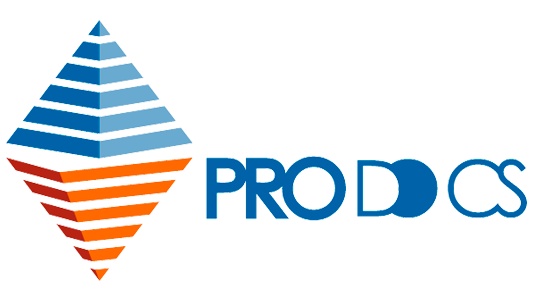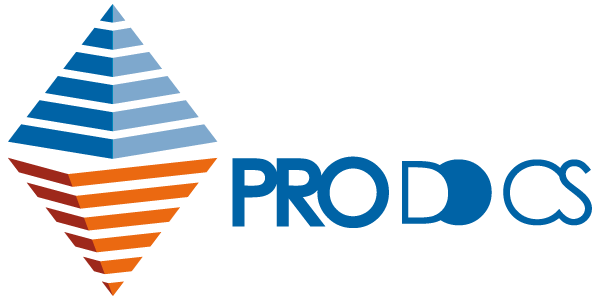LINK UTILI:
–









–
Realized in partnership with MAFRD (MINISTRY OF AGRICULTURE FORESTRY AND RURAL DEVELOPMENT) and the local association Genvet.
The project built the Genetic Centre GENKOS in Peja/Pec with the genetic laboratory, the stable, the barn, warehouse and machinery for agricultural equipment in order to develop zootechnic sector through Public and Private Veterinary Service.
It also organized training session/seminaries for local Veterinaries and Farmers.
The Kosovan farmers, separated into small and medium farmers (family sector) and large farmers (business sector), have received direct assistance and ad hoc training courses, from basic level to a specialist, made in the villages and in GENKOS. In particular, the project is aimed at Kosovo’s public and private veterinarians, 420 breeders of Rrafshi Dukagjinit the region, the Municipality of Peja/Pec and of Gjakova/Dakovica and it started with the production of bovine semen, it reached all breeders of Kosovo that use artificial insemination as a playback method.
Today the Centre rears breeding bulls of three major races and collects, prepares and stores bovine semen for artificial insemination. The doses prepared are sufficient to cover the national demand.
The project focused on an agricultural context, where the cultivation of the land and livestock are the main local activities, as well as sources of income.
It supported the integrated development of agricultural and livestock activities in the district through the socio-economic participation of peasant families from Gjakova.
The project built the Agro-livestock Demonstration Center “Butsina Begut” in Gjakova on a Municipality land of nearly 10 ha, sub-dividing a part in experimental plots for different crops and providing it with a stable for dairy cattle with an adjoining parlour and a milk refrigeration room; one barn. In addition, one audience for corn silage and accessory structures.
It also activated the Collection Center Milk with capacity of 1.000 l/g of daily production.
Training activities were carried out for the hygiene animal, feed intake and feed concentrates, the assistance/monitoring for the breeding of cattle purchased.
The provision of services, in the four years of the project, has affected a total area of 170 ha of land to beneficiaries, the theoretical training/practical-demonstration of about 600 farmers and 100 students of higher education, and a substantial number of high schools with stipulations of conventions operating agreement for internships/apprenticeships.
The Agro-livestock Demonstration Center “Butsina Begut” of Gjakova was reinforced with the creation of two microenterprises, a Fruit/vegetables and a Dairy one in order to integrate agriculture with productivity cycles and commercialization of products derived from cultivation and livestock. This curbed the phenomenon of abandonment of the countryside and the rural exodus to the cities, especially of young people, and it strengthened the endogenous capacity to meet the food requirements.
The project integrated emergency interventions, hospitality, health and psychosocial support in various municipalities with the establishment of networks among women in camps and other families in favor of displaced women.
promoted and supported by the Rainbow Mission of the Italian Government, in collaboration with the CISD – Italian Committee Distance Support, from 18 July 1999 to the end of January 2000.
The project took place in 19 villages of the Province and in the city of Gjakova, with a group of 2.600 children.
The initiative proposed interventions in favour of the families of rural villages affected by the events of the war in order to reduce the damage caused by the conflict and to support the reconstruction of the homes destroyed.
The project monitored the beneficiaries’ children by implementing a participatory dynamic, properly prepared during the first half of the project, to facilitate the actual continuity of the Distance Support.
It counted on training capacities of local social leaders and on the availability of many adults of the families involved to follow planned activities in favor of children until the end of the school year.
Go BACK →

